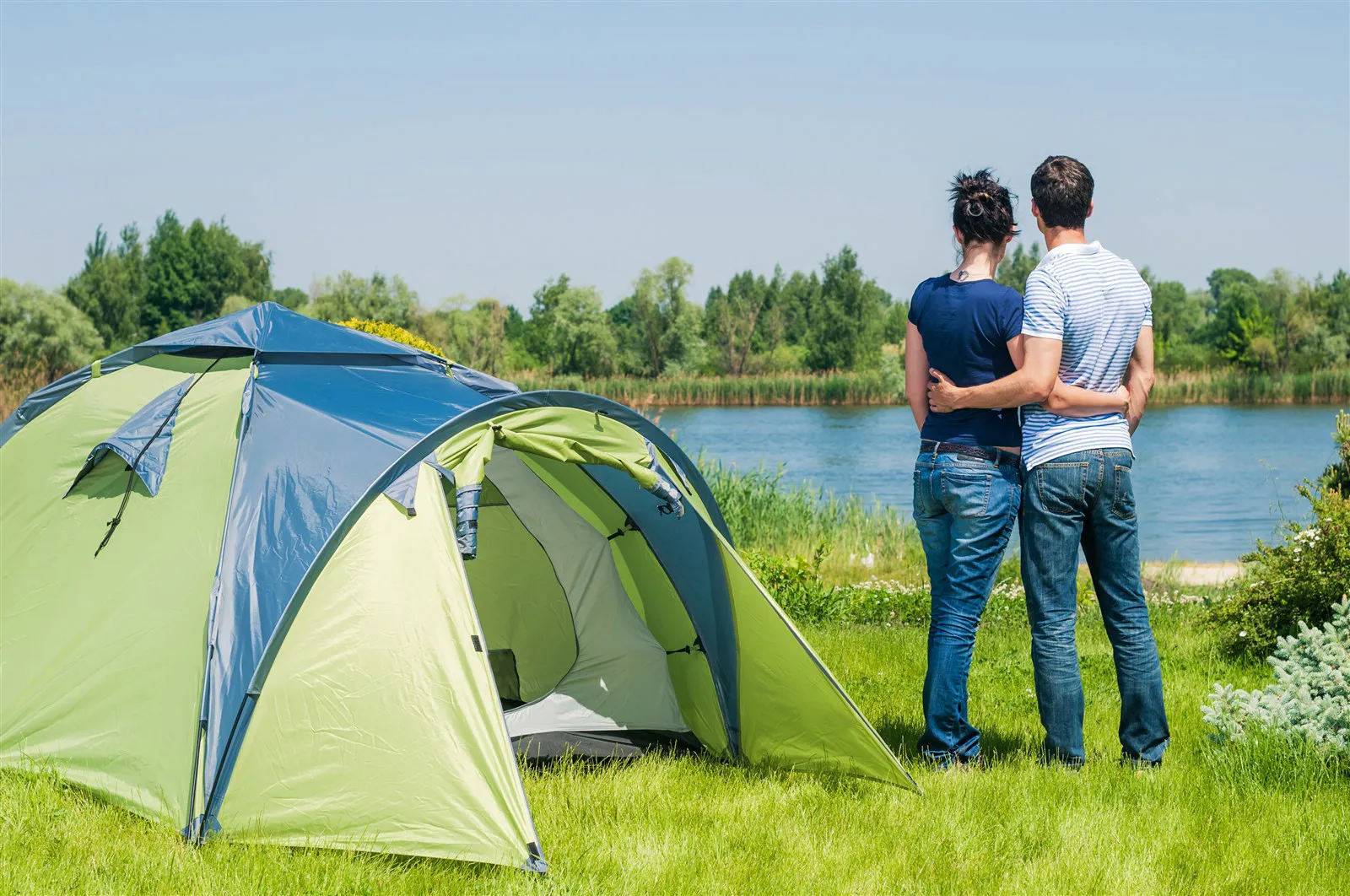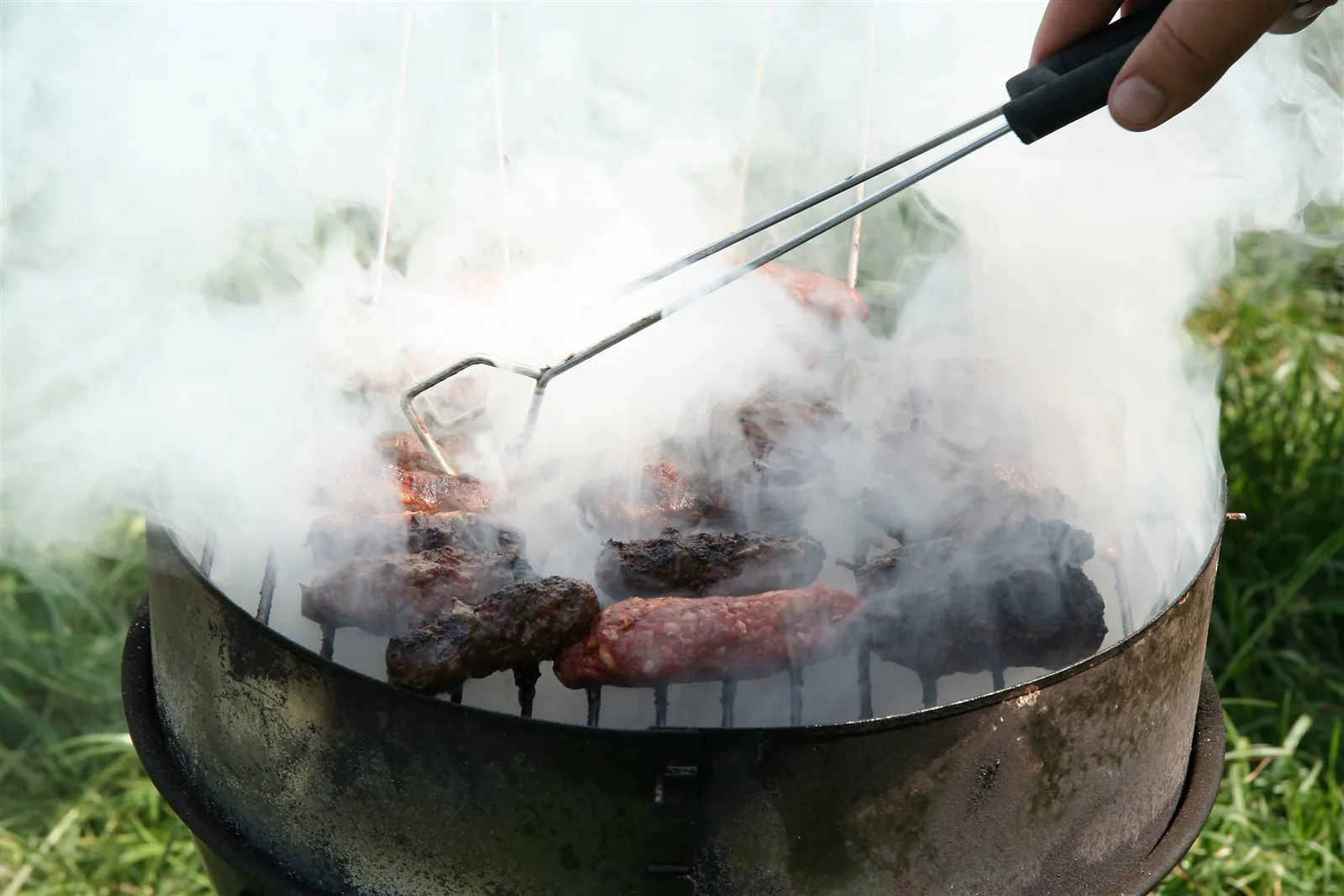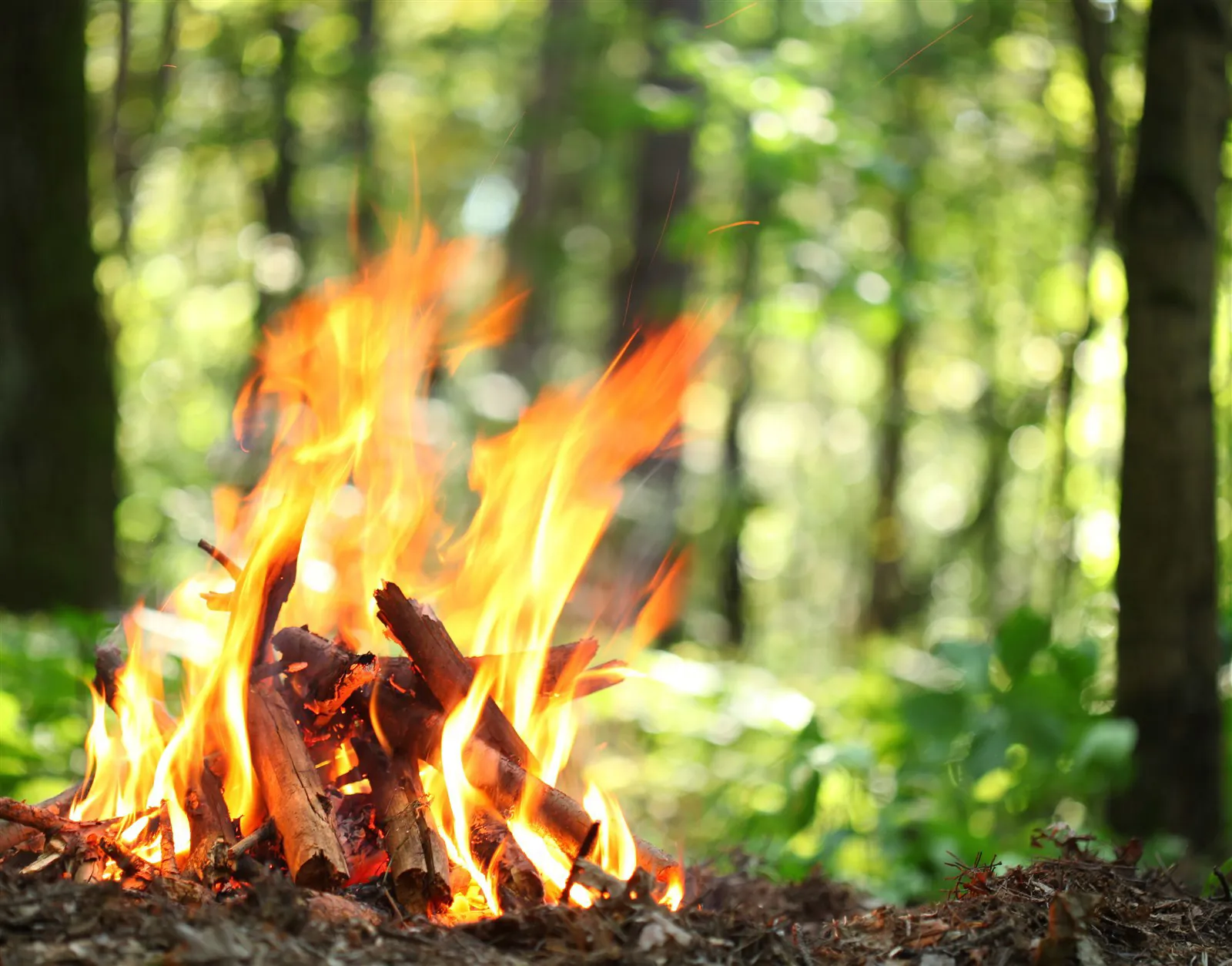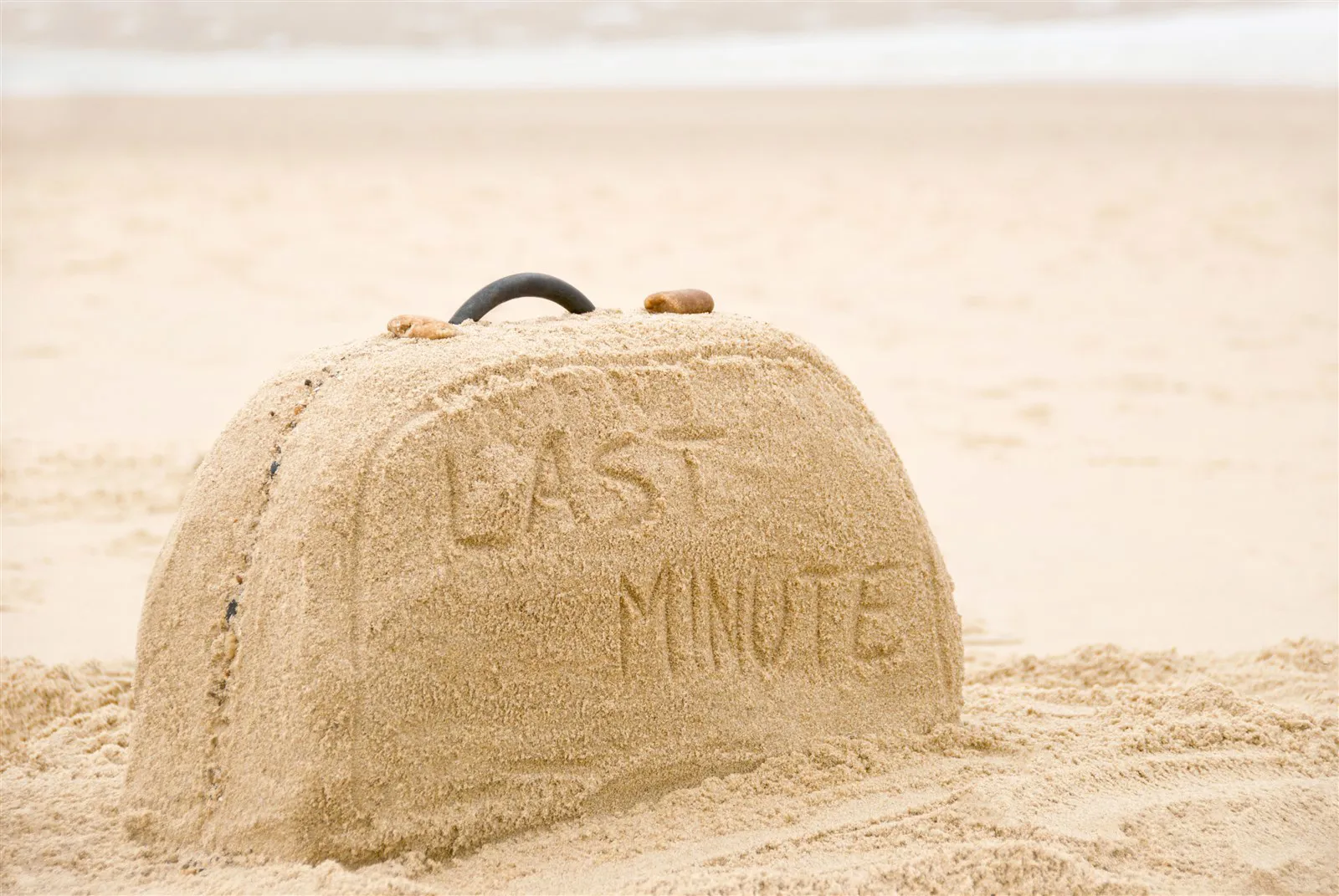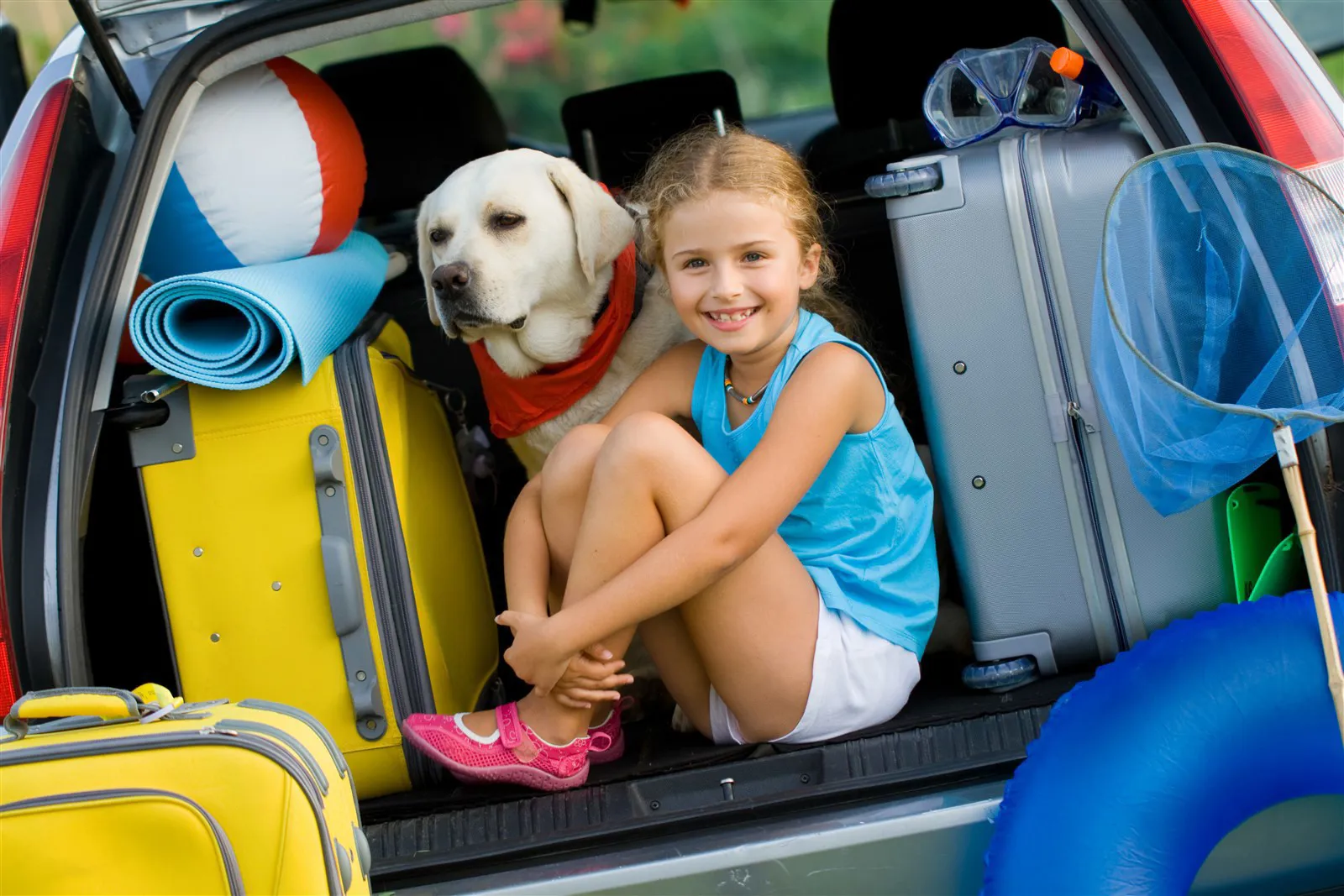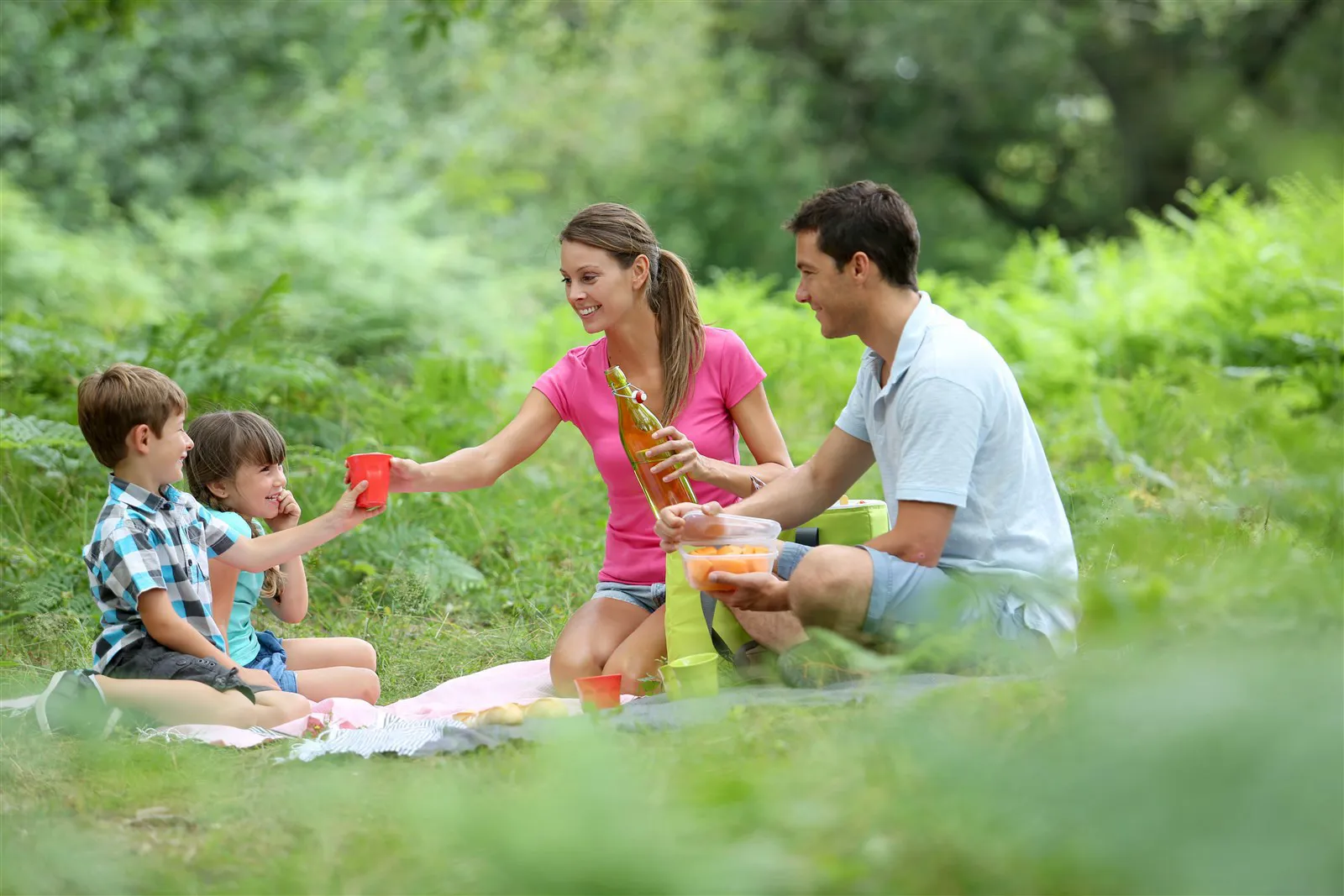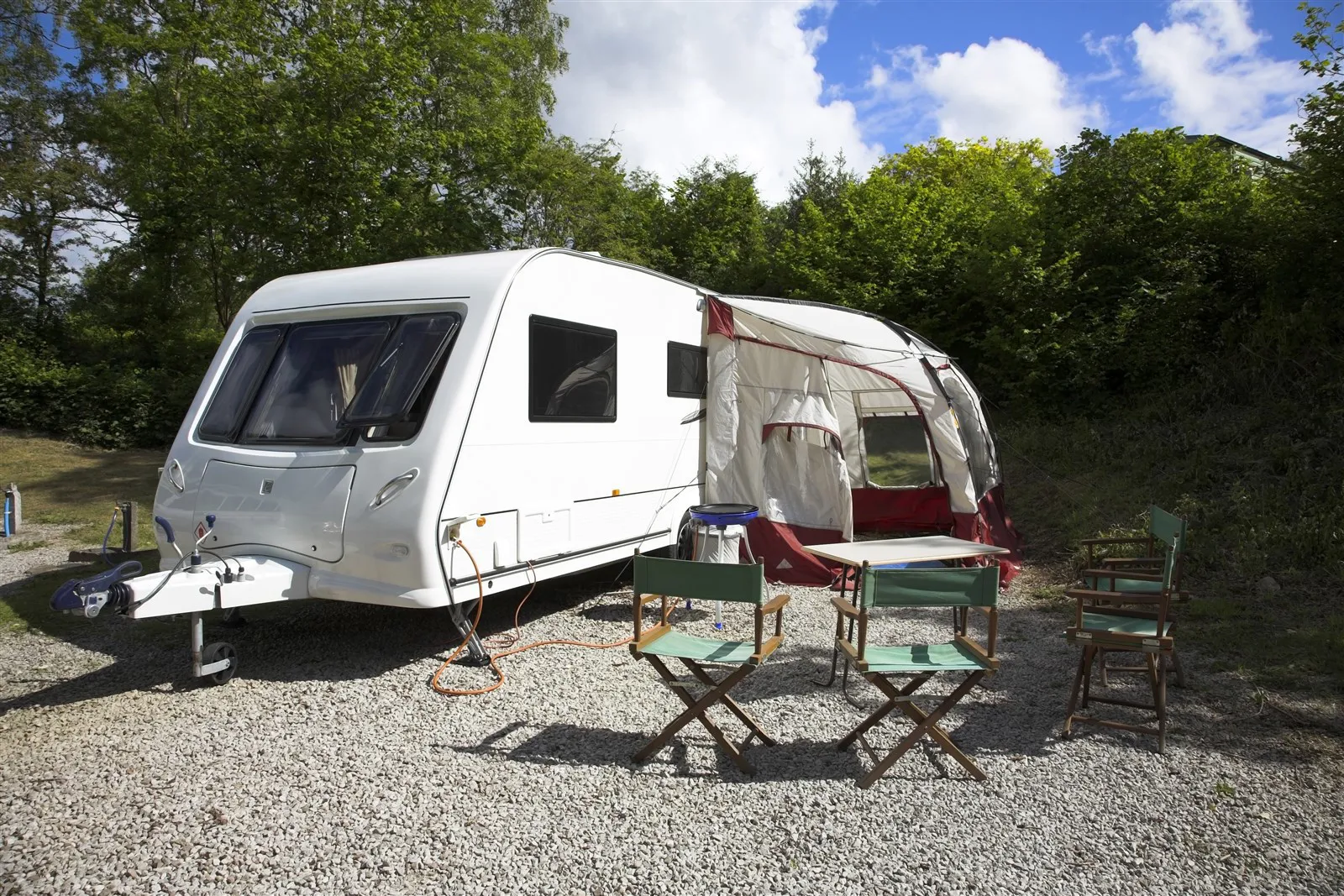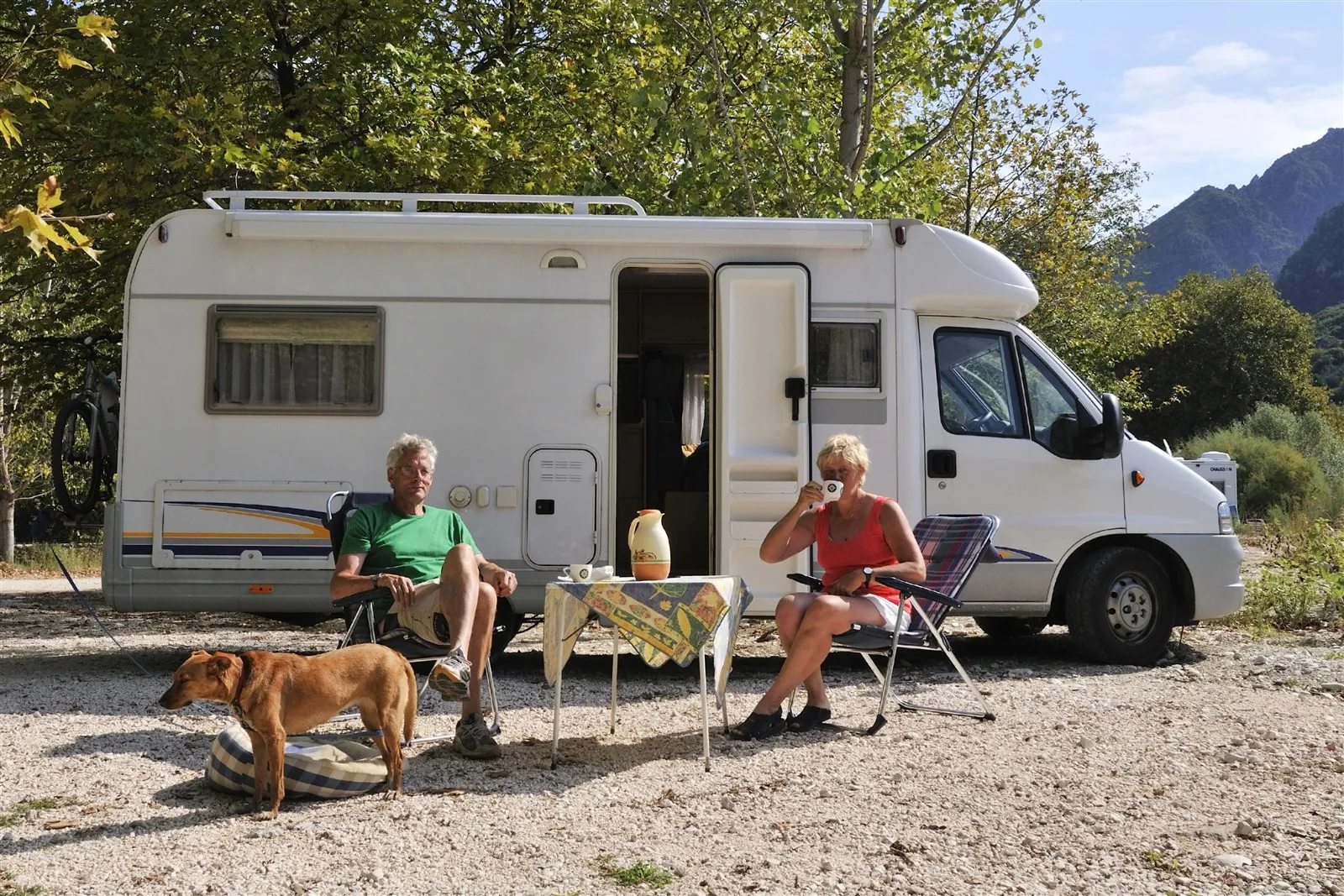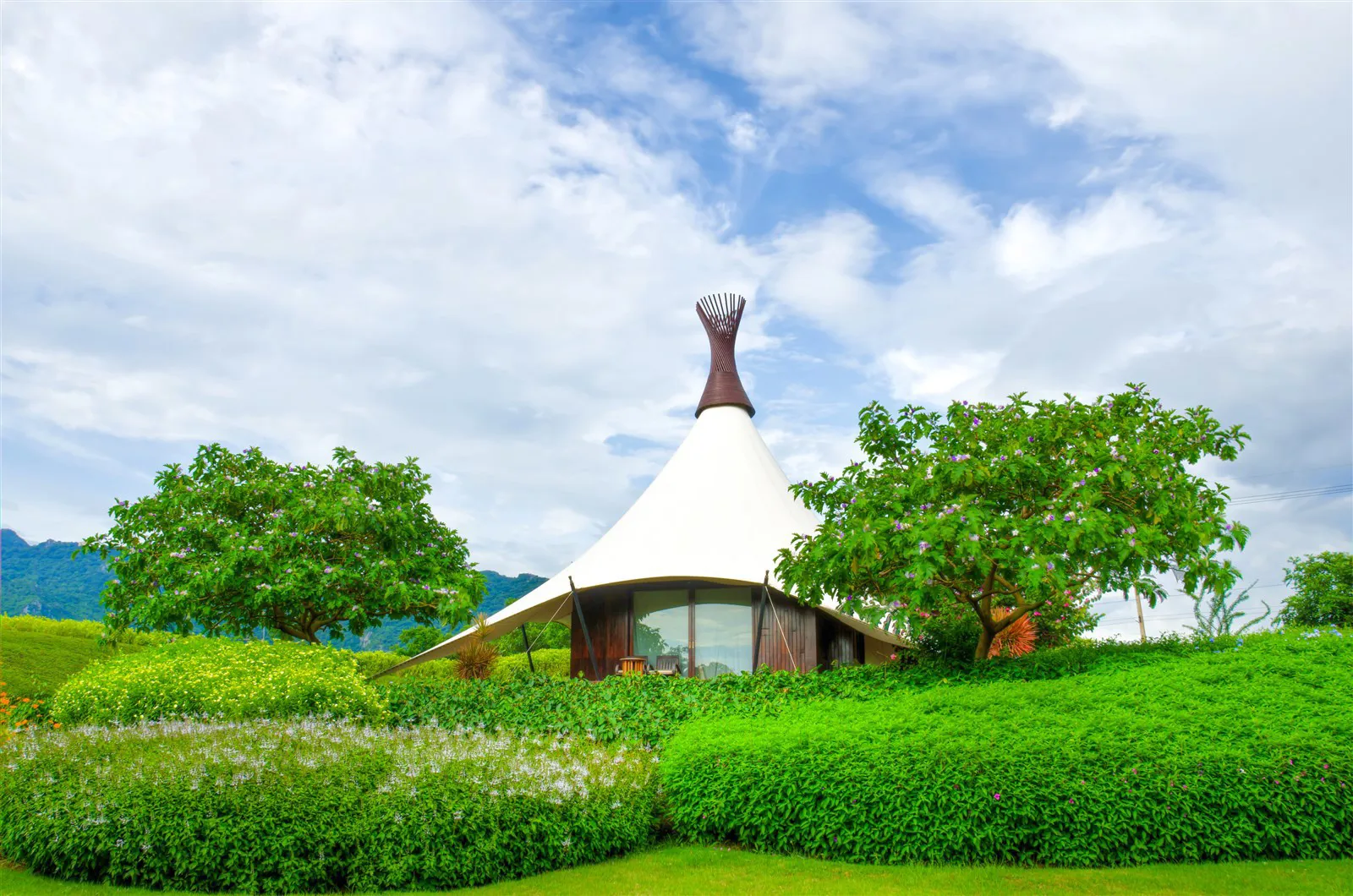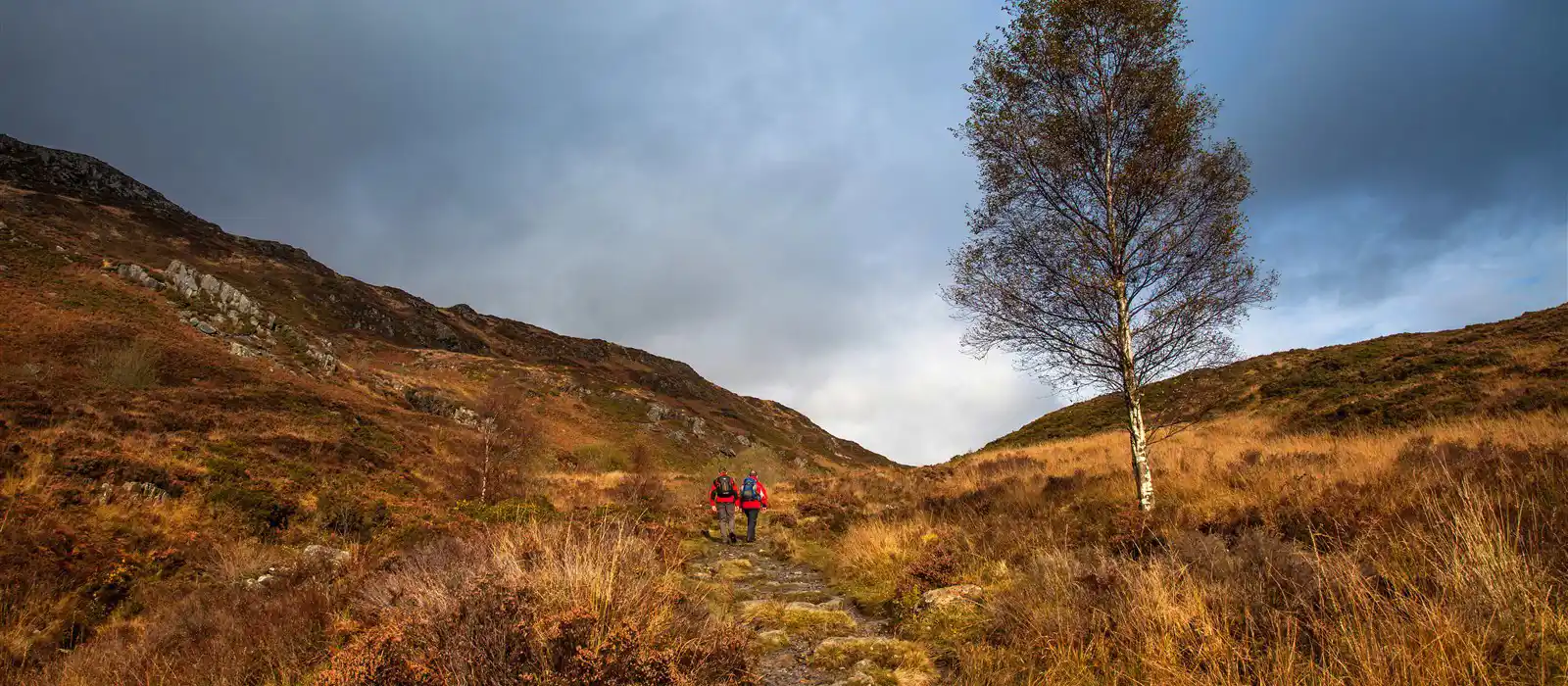
Our guide to wild camping in Wales
Wild camping is exactly what it sounds like – camping in the wild. There are no conveniences that you might find in a campsite, such as toilets, warm showers or electrical hook-up points. This is the whole point of the venture. The idea behind wild camping is that you can really get back to nature. You can avoid the crowds and the inconveniences associated with crowds, and find some space, quiet and peace in beautiful surroundings. Wild camping is an eco-friendly adventure and, as an extra bonus, it’s free to enjoy.
Below you’ll find location suggestions for wild camping in Wales, as well as guidelines and tips to help you make the most of your trip.
Rules for wild camping
In general, wild camping in Wales is only legal when you have obtained prior permission from the landowner. In addition, there are a few rules of conduct that should be followed when wild camping. You should camp well out of sight of roads and houses and stay well clear of livestock. Don’t build open fires but instead bring along the likes of a portable gas stove. Human waste should be buried a minimum of 30 metres away from lakes and running water. You should avoid camping right next to a lake or river so that you don’t disturb animals that use the water source. Also try to make camp as late as possible and leave as early as possible to minimise disturbance.
If you’re camping in a group, restrict your group size to limit your environmental impact. Ideally stay for only one night (two at most) and then move on to a new location to reduce damage to the land on which you are camping. The key principle with wild camping is to try to leave as little trace of your stay as possible (don’t leave litter behind) so that the landscape can be protected and enjoyed by future human visitors as well as the flora and fauna that call it home.
Where to camp: Brecon Beacons
The Brecon Beacons are renowned for their beauty and are sure to offer superb morning views when you open your tent, regardless of where you choose to camp. It may be tricky to obtain camping permission for some areas of the Brecon Beacons but many farms allow individuals and small groups of no more than ten people to stay overnight free of charge, though permission from the farm manager should be sought first.
Where to camp: Snowdonia
With its absolutely stunning landscapes, Snowdonia National Park home is an outdoor delight for wild campers. If you’re keen for a sheltered spot try the Cromlech boulders in Llanberis pass. Don’t be surprised if you see rock climbers here during the day as it is a popular area for this pastime. However, at night the boulders provide enough overhanging shelter during warmer months that you can forgo a tent and sleep under them in a sleeping bag if you wish.
Where to camp: Berwyn Mountains
The Berwyn Mountains in the north east of Wales are truly spectacular with a host of stunning natural attractions, from valleys and lakes to waterfalls and high peaks. The region is also home to the Berwyn National Nature Reserve so you might spot some wonderful wildlife such as birds of prey as well as rare plants during your treks. The Berwyn Mountains are less well known than the likes of Snowdonia and the Brecon Beacons so they offer an ideal retreat if you’re looking for somewhere with a minimum of climbers and walkers.
Things to consider bringing with you
Wild camping requires a bit more forethought than normal camping. There’s no handy shop nearby, so you need to rely on the provisions you bring or be capable of sourcing what you need from the landscape (such as fresh water from streams – which should be boiled before or treated with water purifying tablets). It’s helpful to create a list of items to take with you. Think about what you use on a daily basis at home and then decide whether you’ll need those items for your trip. Things like toilet roll are easy to overlook but you’ll be sorry if you forget to pack it!
You won’t need a large selection of pots, cutlery, plates and so on. Pack only what you need in order to keep the weight of your backpack to a minimum. For example a lighter, a gas stove, one pot, a plate, a cup, a spoon, a fork and knife are fine in terms of cooking and eating utensils. Try to pack food substances that will last for the duration of your trip, are light and are rugged enough to withstand being carted around in your backpack. Depending on the time of year and where you camp, you may not even need to pack a tent if the weather is warm and you have a sheltered spot, though a waterproof jacket is always advisable and insect repellent will help keep the beasties at bay. In addition, pack a compass, map and torch and bring a mobile phone with you – you won’t always be guaranteed to get reception but it’s a good idea to have a means of contacting people if required.
Wild camping is the way to go
Wild camping in Wales is an unforgettable experience that can offer incredibly cost-efficient fun and adventure. Whether you’re keen to try just for a night or several nights, the wild camping bug (possibly in addition to others!) is likely to bite and get you hooked on this awesome outdoor pursuit.
Download our list of everything of you need to remember for the perfect camping trip!
DownloadThese ideas for days out, places to visit and other experiences offer something for everyone.
Browse Ideas